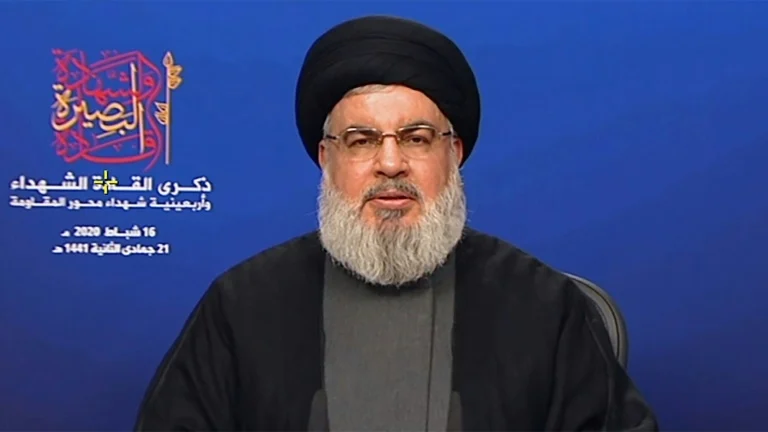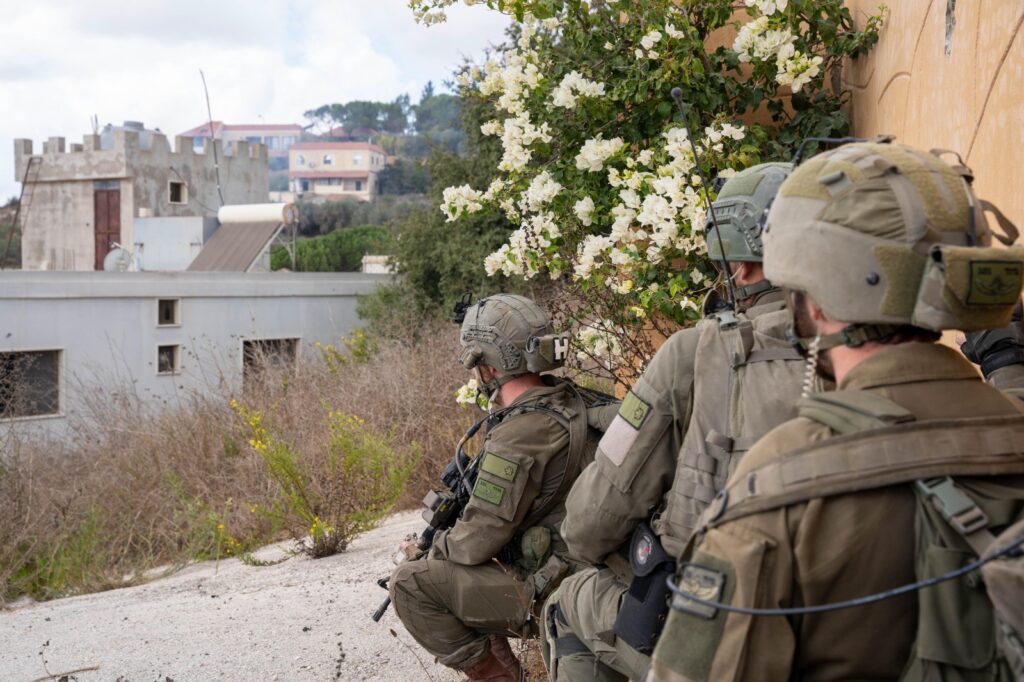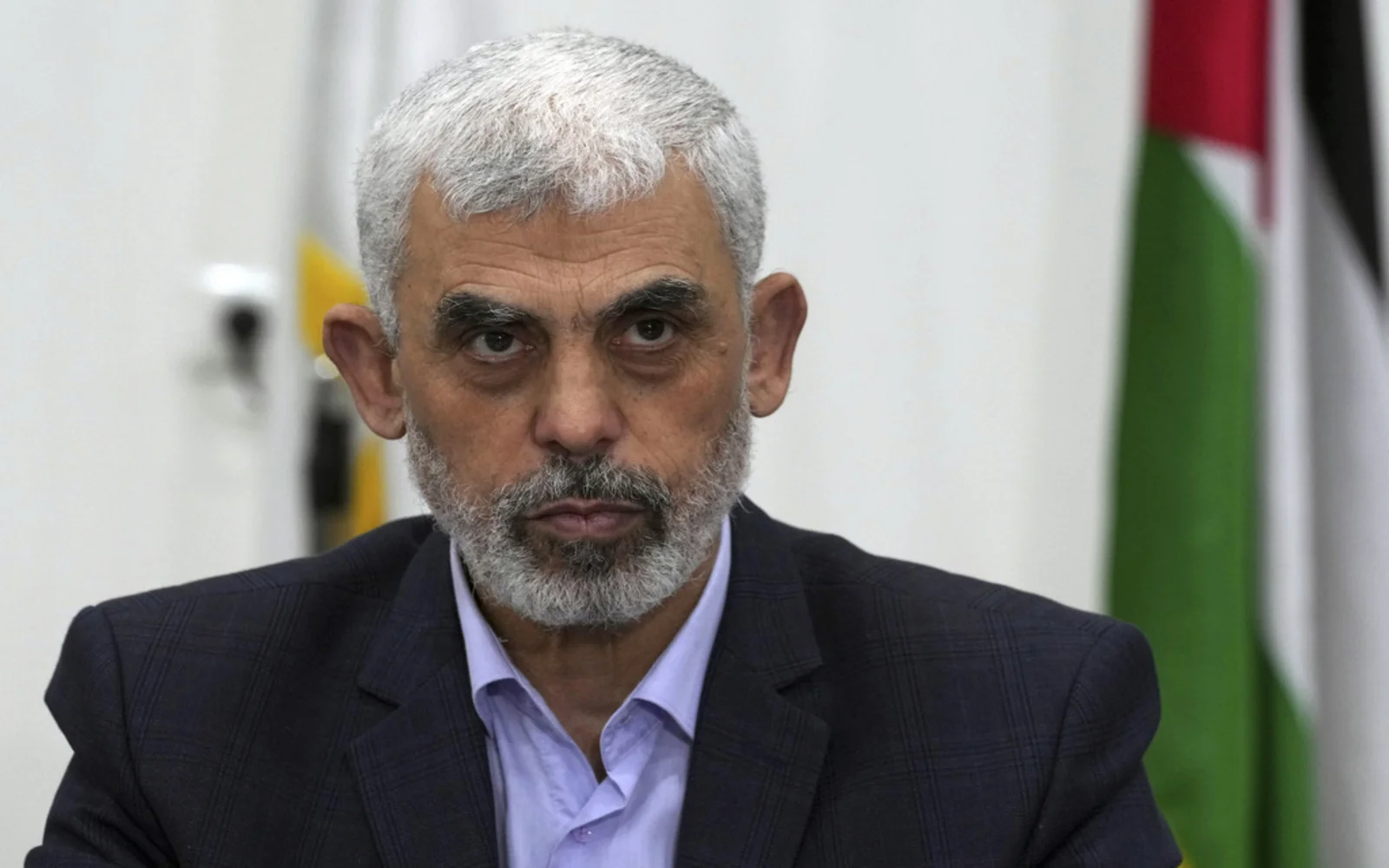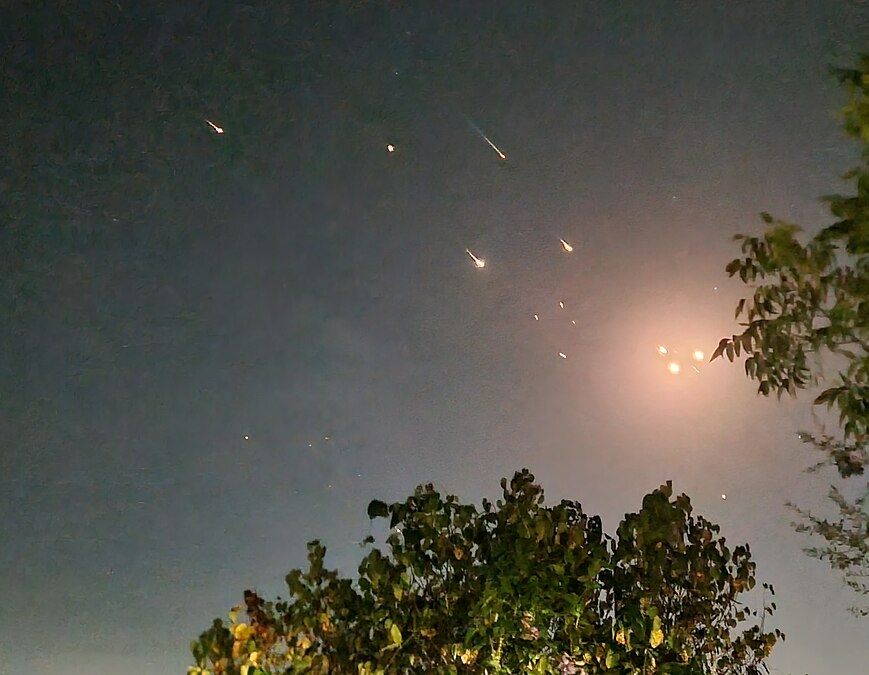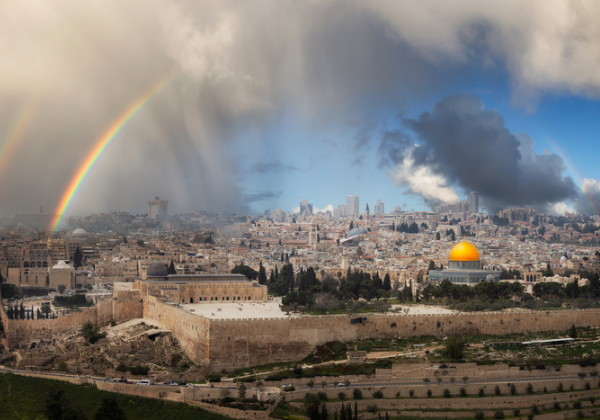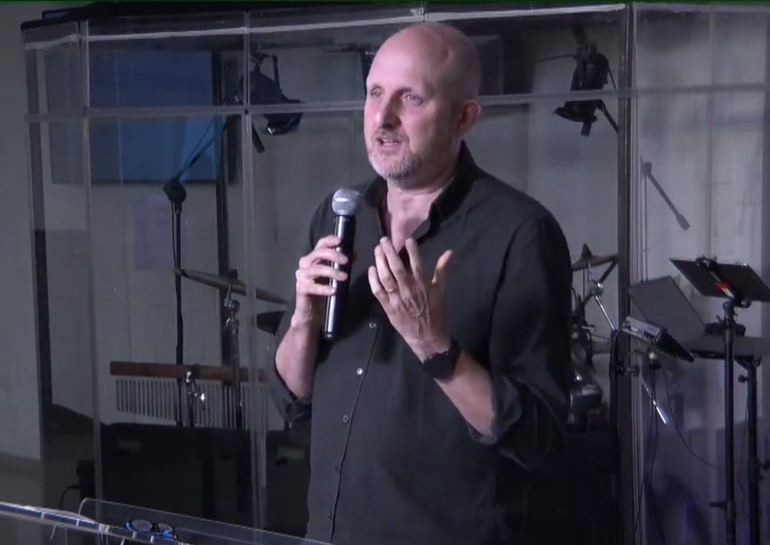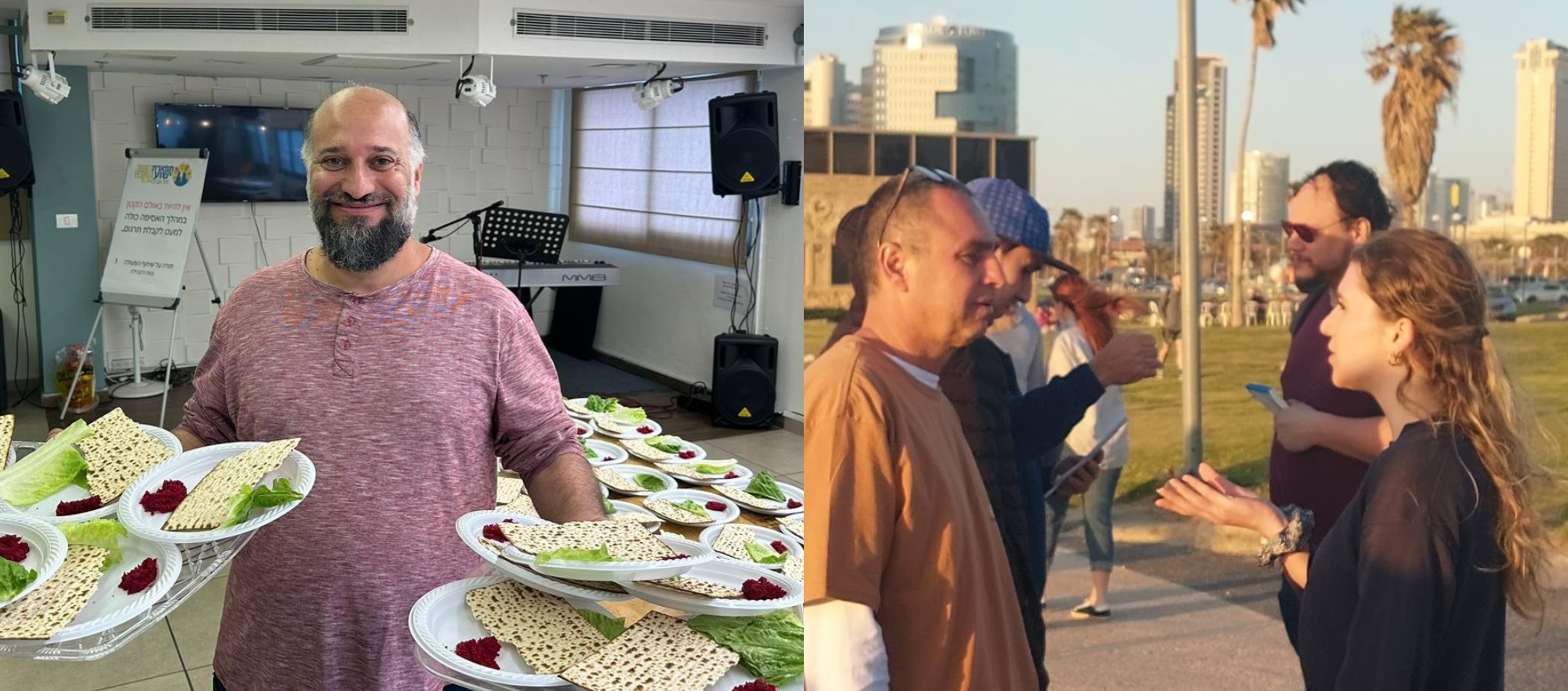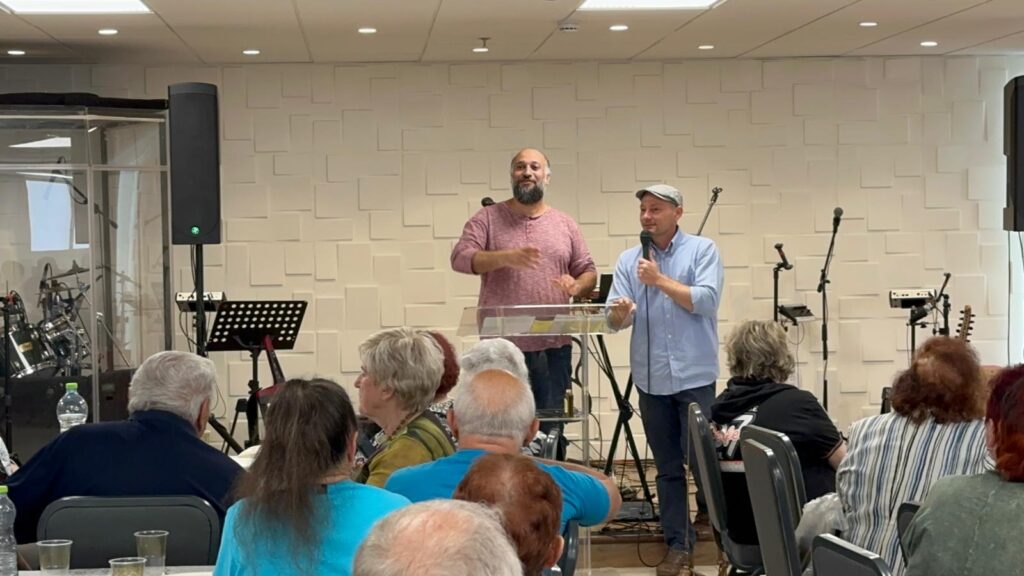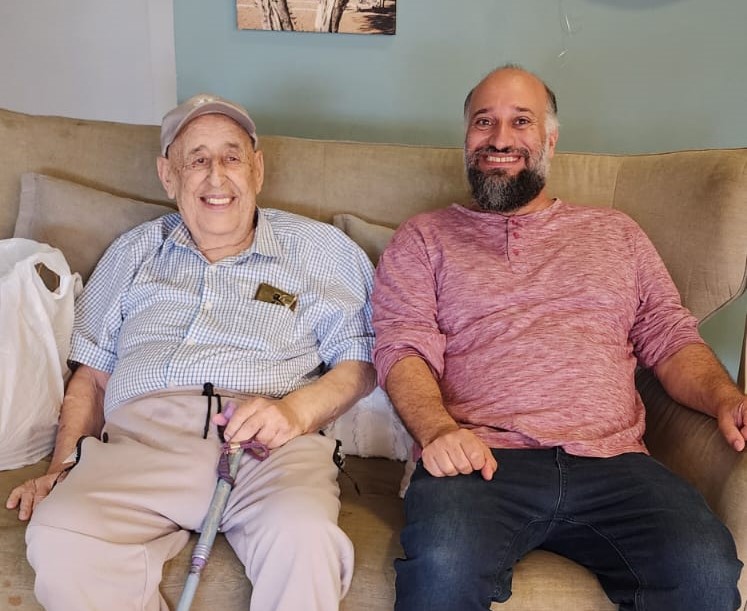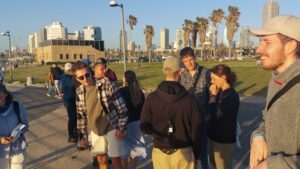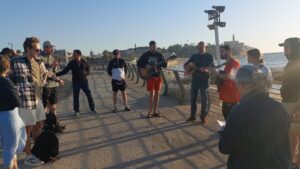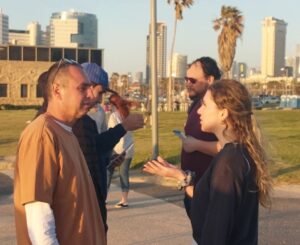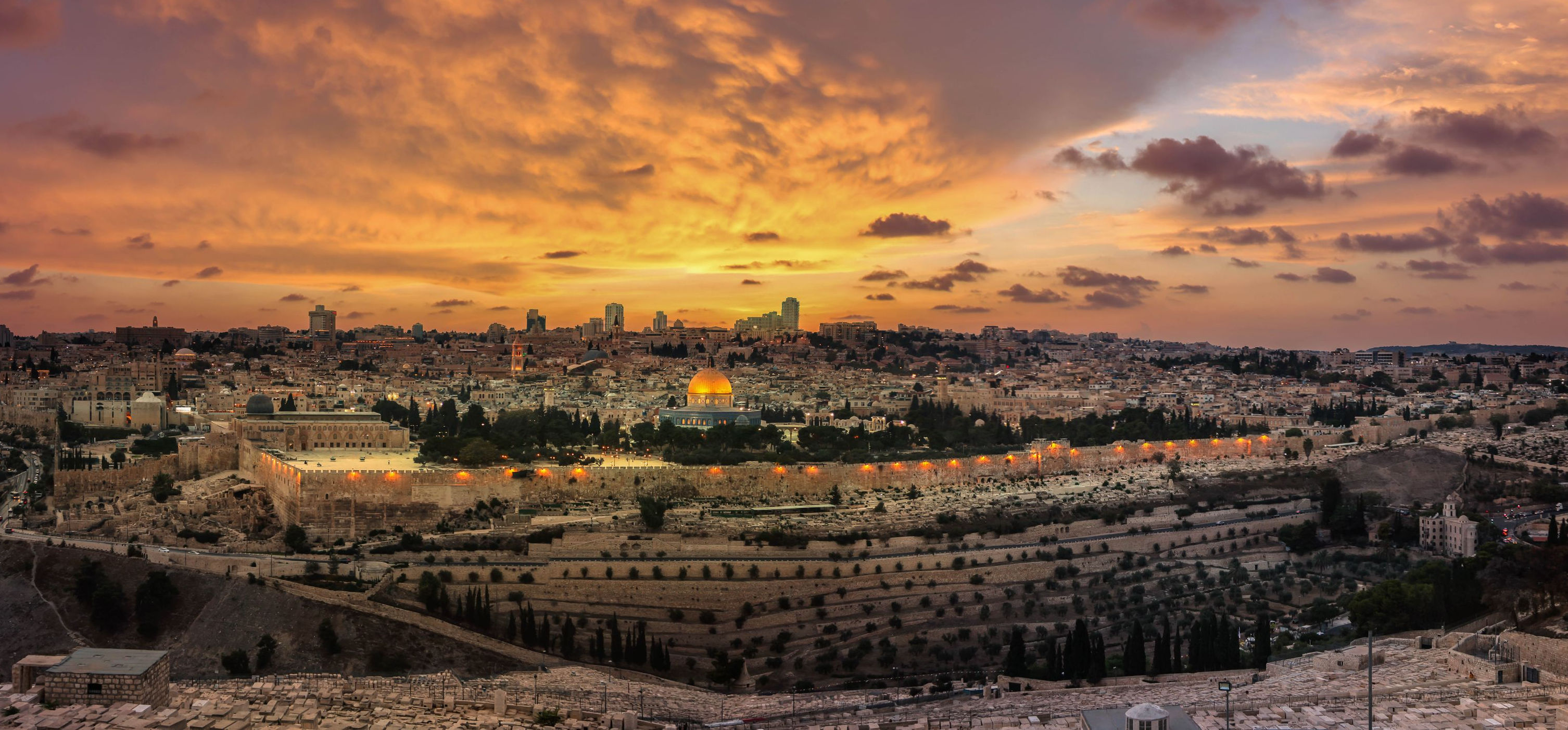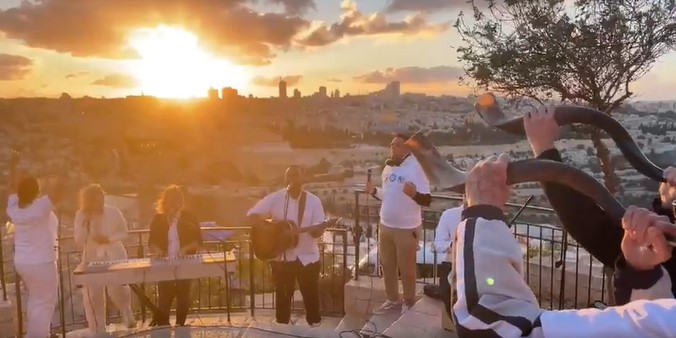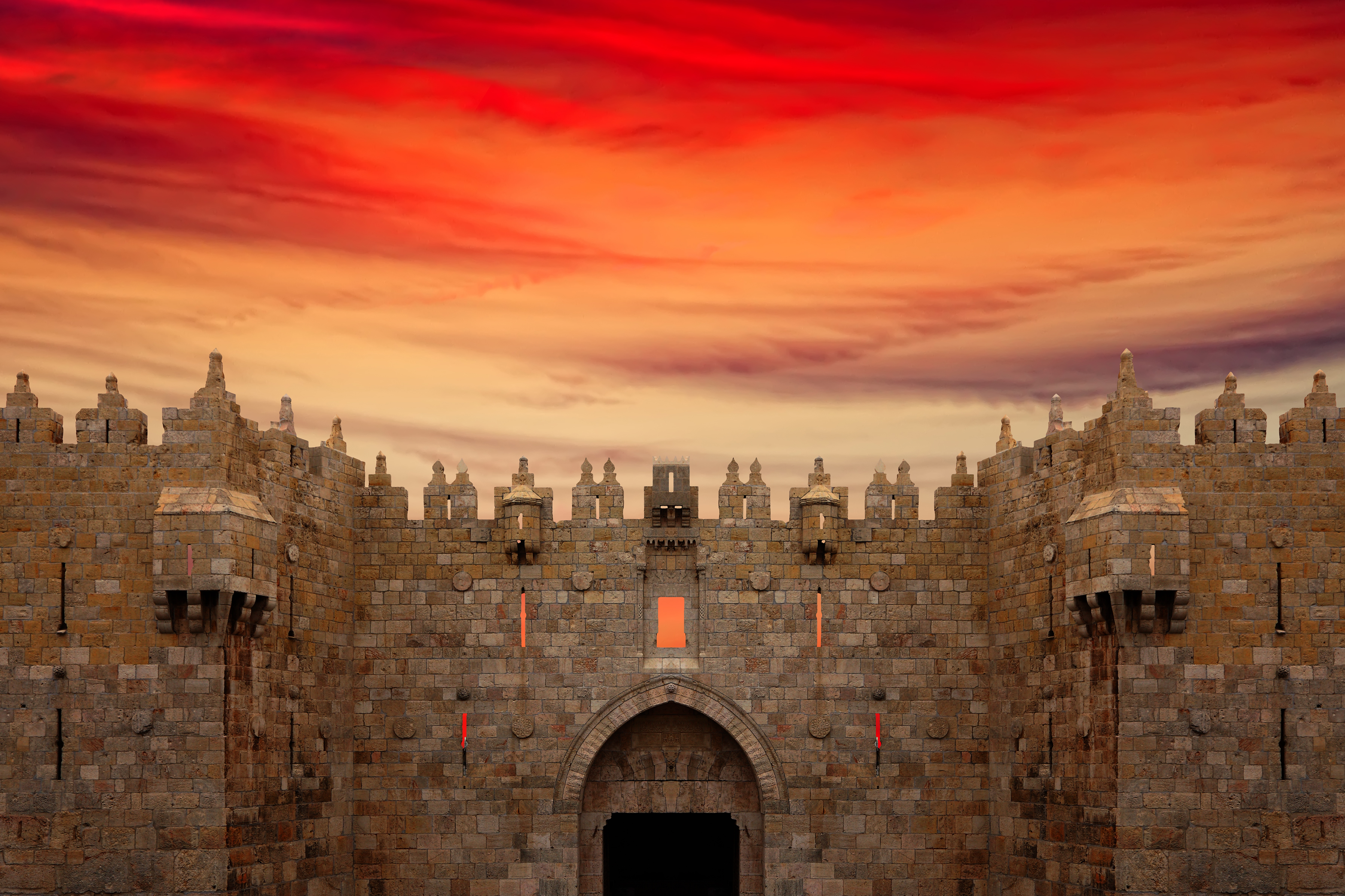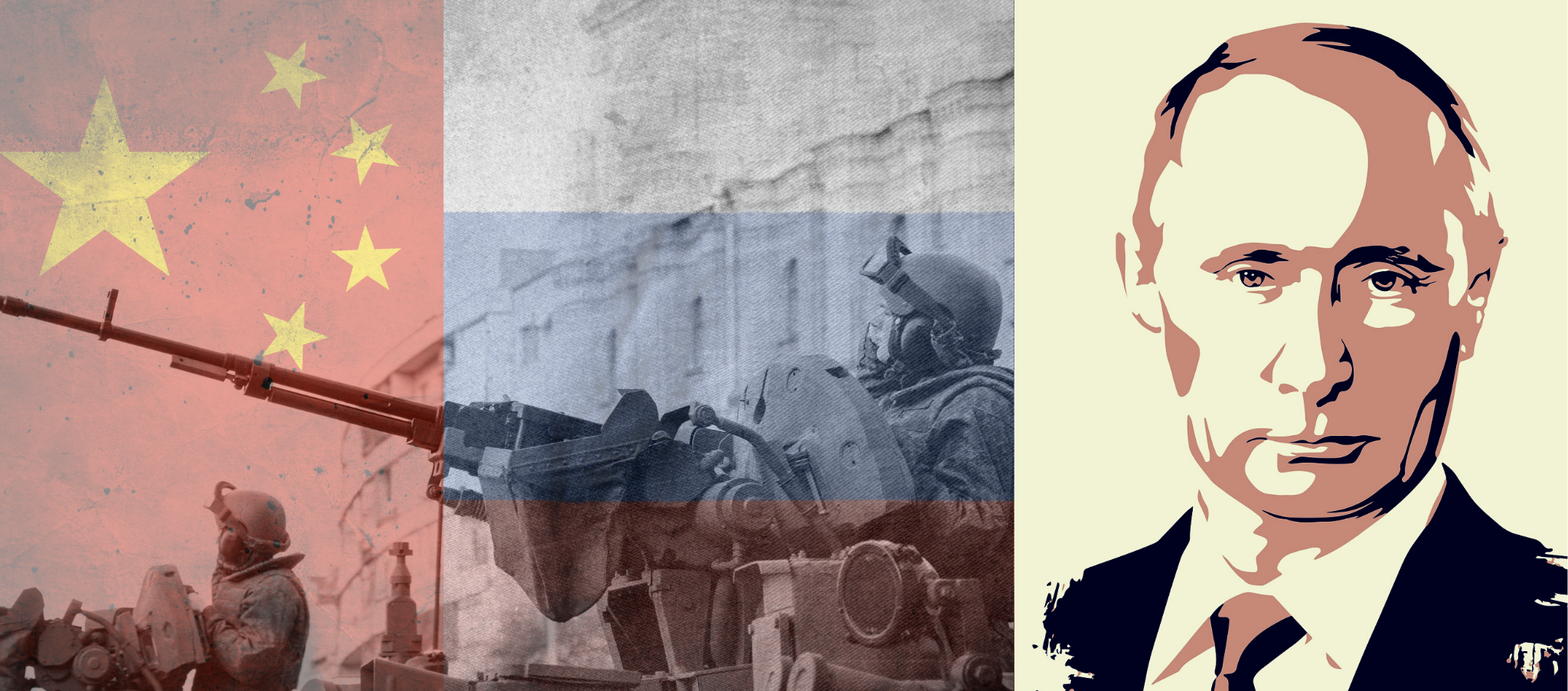Yesterday was a strange day in Israel. On one hand, the US announced the withdrawal of non-essential diplomatic staff across the Middle East, citing “developing tensions”. Then on his Truth Social platform, President Trump announced that he and his entire administration remained “committed to a diplomatic resolution to the Iran nuclear issue”, which seemed to signal US opposition to Israel’s threats to act against Iran.
Yet, in Israel the headlines were political and bizarre: the top story was the threat of the Knesset being dissolved due to coalition in-fighting over a military draft mandate for the ultra orthodox. Then the Prime Minister’s office announced that Netanyahu was going away on a vacation. International media analysts echoed the sentiment that Israel would most likely not act alone against Iran without US support. Apparently Iran believed that as well…
At 3am this morning, Israelis got the explanation for the strange day when the entire nation was roused from sleep by a brief air raid siren. Bleary-eyed, we made it into our bomb shelters (if at all) and then checked our phones, expecting to see news of another random ballistic missile launch from Yemen. The headlines told us that it was far more serious: “Israel launches major offensive against Iran and its nuclear sites.”
The new IDF chief of staff Ayal Zamir addressed the nation with these words, making it clear that we are in historic, uncharted territory:
“This is a historic operation unlike any other. This is a critical operation to prevent an existential threat by an enemy who is intent on destroying us…We have reached the point of no return. We cannot afford to wait for another time to operate. We have no other choice. Recent and past events of history have taught us that when the enemy is attempting to destroy us, we must not turn a blind eye. Because of this, we need to fight for our existence. Freedom was given to those willing to fight for it.”
The Prime Minister’s Prophetic Act
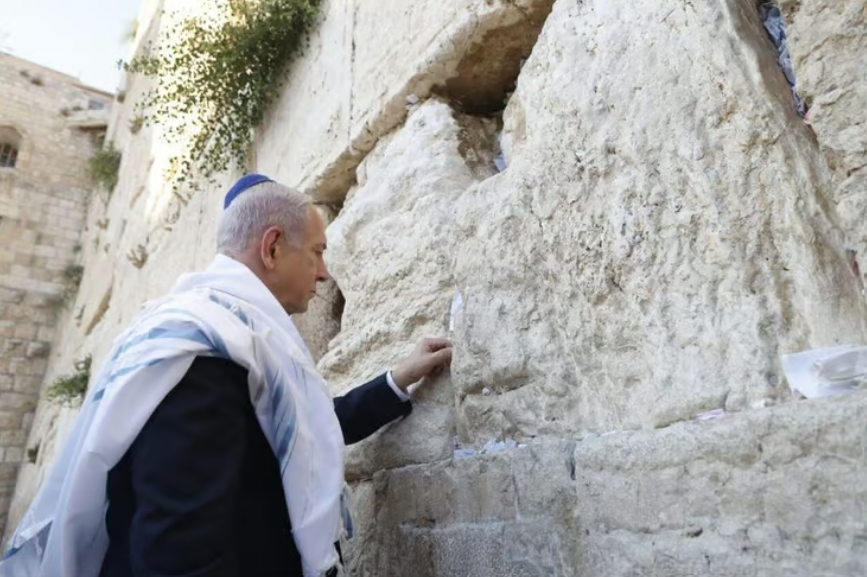
This morning, the news released a report about the Prime Minister that was apparently censored until now: yesterday, Benjamin Netanyahu, who was supposedly “going on a vacation”, visited the Western Wall and put this note into the cracks of the wall:
…the people rise like a lioness
they rouse themselves like a lion
-Numbers 23:24
This verse comes from Balaam’s second oracle about Israel when Balak the king of Moab requested that Balaam “curse” Israel, but God gave Balaam only blessings to speak. Hence the name of this military operation “Rising Lion”.
Preparing for Difficult and Dramatic Days
So far, the depth and scope of Israel’s operation in Iran is massive and has been meticulously planned for years. Israeli news outlets are reporting that we have secret military units operating in Iran and even a secret base from which they launched precision drone attacks against Iran’s air defense systems. In an interview to Army Radio this morning, a IDF spokesman said, “If this opening strike succeeded, then what we did to senior Hezbollah officials over 10 days, we did to Iran in 10 minutes.”
As of the writing of this article, we are ten hours into operation “Rising Lion”, and Iran has not been able to launch even one missile at Israel. Additionally, the hundred or so drones Iran launched have been shot down outside Israel’s borders by Israel’s Air Force. The military and government announcements have made clear: this operation will continue for at least two more weeks, and we should be prepared for the possibly of difficult days of enduring massive missile and drone attacks.
Whose battle is this?
It became clear in the last year that Iran has been making unprecedented steps to weaponize the enriched uranium they have. The Israeli government and military have also been clear about the end goal of this operation: that Iran will no longer possess the capability to produce nuclear weapons. Period.
While the preparation and determination of our leaders and our military personnel are what may lead to victory in the physical, we know that the battle IS NOT OURS TO WIN. The battle belongs to the Lord, and we turn our hearts to Him in praise and thank for His faithfulness to give us prophetic words regarding these events and stand in committed intercession that He would protect Israel and bring about the complete redemption of His people according to His promises!


